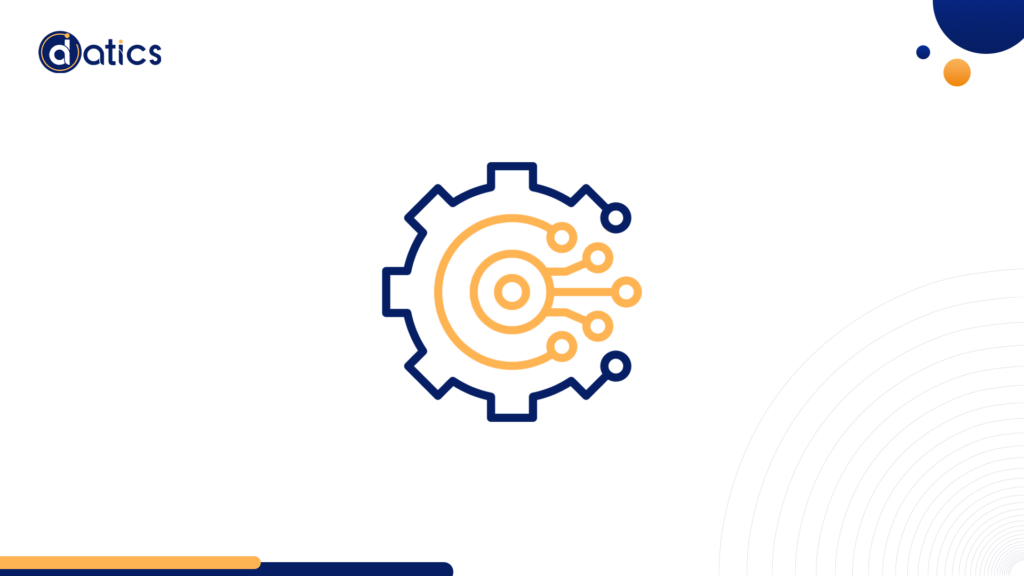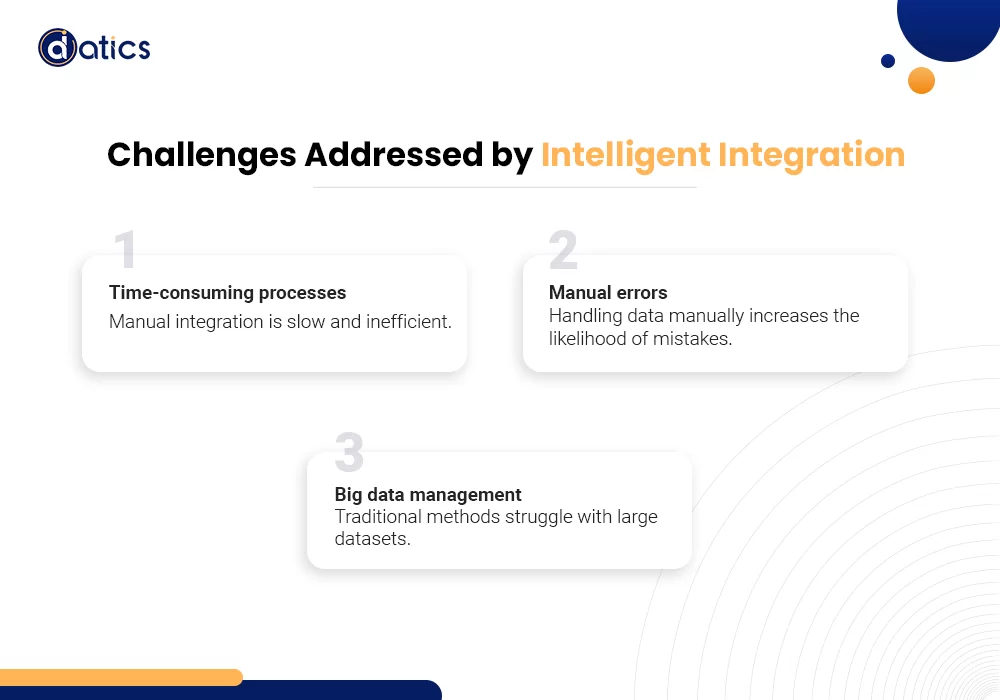
© 2024 | All Right Revered.
“DevOps is about collaboration, and AI can be the ultimate collaborator.” – Gene Kim, The Phoenix Project

Lead Customer Success Manager
Experienced Customer Success Manager passionate about delivering exceptional service and spearheading revenue growth.

In today’s software development landscape, collaboration is crucial. Despite persistent silos in some areas, the truth remains: we cannot work in isolation. The fast-paced nature of the industry and the escalating need for superior software compel us to seek out this essential collaborator. This is where AI comes into play, not to replace human creativity, but to enhance our DevOps methodologies significantly.
In emphasizing the heart of DevOps as collaboration, Gene Kim’s quote underscores an inherent truth about software. As intricate creations molded by social interactions and historical contexts, software epitomizes the strength of collective effort. Whether through agile ceremonies, waterfall planning, or Kanban boards, various methodologies echo the drive to dismantle silos and promote teamwork.
DevOps embodies this ethos by breaking down traditional barriers between development and IT, striving to establish a seamless, collaborative workflow. This facilitates shorter development cycles, higher-quality software, and ultimately, a more efficient and responsive system.
Nevertheless, the rapid pace of today’s software industry reveals the limitations of human capability. The market demands ever-increasing speed and complexity, stretching individual capacities to their limits. Enter AI, not as a replacement for collaboration, but as a groundbreaking new ally.
As AI progresses in DevOps, it’s important to keep reassessing. We need to keep figuring out how to use AI to help our teams better and unlock their full potential.
Smart integration is a modern way to process data, using Artificial Intelligence (AI) and Machine Learning (ML) to improve digital tasks. This new method helps overcome typical integration issues like time-consuming processes, manual errors, and managing big data. At the heart of intelligent integration lie AI and ML algorithms, empowering systems not only to execute routine tasks automatically but also to make sophisticated decisions based on patterns and insights extracted from the data.

Here are some common challenges:

Imagine integrating AI into our development cycle to intelligently automate tasks and predict potential issues before they occur. For instance, utilizing an ML model with a code interpreter could serve as an initial quality control step, identifying common flaws and highlighting potential future problems without human intervention.
While code reviews play a crucial role, the complexity of larger projects can overwhelm reviewers. Introducing an intermediary step that automatically filters common issues or evaluates adherence to coding standards could alleviate the workload on reviewers, allowing them to focus on critical code segments.
Here’s a sample of how smart integration can help in DevOps. As we explore further, it’s clear that using AI to improve development processes has a lot of potential. It gives us a peek into a future where AI helps boost innovation and efficiency in software development.

First of all, AI in DevOps automates tasks, making data transfer between systems easier. Instead of doing it manually, an AI-powered platform handles this, ensuring things run smoothly.
Secondly, AI in DevOps ensures updates happen instantly across all systems. For instance, if a customer’s details change in the CRM, all other connected systems are updated right away.
Thirdly, AI in DevOps encourages teamwork by making data sharing between departments effortless. This gets rid of worries about data inconsistencies, letting teams access the latest information easily.
Lastly, AI in DevOps is scalable, handling large amounts of data without slowing down. Whether it’s a hundred records or a hundred thousand, the platform keeps working well, ensuring smooth operations at any size.
To begin, let’s acknowledge how AI can significantly enhance efficiency in DevOps. With its ability to predict problems, AI can help solve issues before they happen, reducing downtime and keeping productivity steady. This proactive approach ensures business operations run smoothly without interruptions.
Detecting problems early becomes possible when AI learns patterns from the right data. Though AI isn’t perfect, it’s better to have it give us guidance than to be surprised by unexpected issues.
Additionally, AI lets us automate tasks intelligently, freeing up humans for projects needing creative thinking. While AI won’t replace skilled developers, having help with writing or improving basic code saves time.
Automated testing is another area where AI shines, freeing developers from spending extensive time on creating tests by automating the process. ML algorithms can analyze past bugs and improve future tests based on historical data, thereby enhancing efficiency.
Moreover, AI improves decision-making by giving useful insights from big datasets, making strategic decisions faster and more informed. Using ML in the user-feedback process helps constantly improve services based on real user needs and preferences.
Processing user-feedback data can be challenging due to its contradictory and unstructured nature. ML algorithms can analyze application usage data to predict future usage patterns or employ Natural Language Processing (NLP) to analyze customer feedback from various channels, guiding future product development.

Integrating AI into DevOps involves implementing a seamless process where AI tools enhance development and operations tasks, leading to improved efficiency, faster production cycles, and higher quality software. Here are 10 steps for successful integration:
In the rapidly changing world of AI, being complacent is not acceptable. For AI product managers, a commitment to improvement means a dedication to ongoing learning. This doesn’t just involve staying updated on the latest advancements; it means actively pursuing knowledge.
Taking courses, delving into informative readings, attending workshops, and participating in important conferences are more than just tasks—they’re essential tools that help AI product managers stay ahead, ensuring they handle the AI evolution with skill and foresight.

Assessing and quantifying success stands as a crucial aspect of any project, including the incorporation of AI solutions into our DevOps routines. To gauge success, we must first outline what successful integration means for our organization. This could involve aiming to hasten code deployment, diminish error occurrences, fortify security measures, or streamline problem-solving processes. Typically, your Key Performance Indicators (KPIs) serve as a valuable starting point.

Once we’ve established these objectives, we can delve into specific metrics indicative of progress. For instance, if our aim is to expedite code deployment through AI integration, we could measure the time elapsed from code check-in to production deployment before and after AI implementation.
To assess whether AI bolsters security within our DevOps framework, we might monitor shifts in detected vulnerabilities or instances of unauthorized access attempts.
The crux lies in leveraging insightful data to inform decision-making regarding further AI adoption. Through regular assessment against these metrics and milestones, we ensure that AI integration aligns with strategic goals while enhancing the efficiency and efficacy of software development endeavors.
By setting precise initial goals, it becomes more manageable to devise relevant metrics for evaluation, thus enabling an effective assessment of success rates.
Once we’ve established these objectives, we can delve into specific metrics indicative of progress. For instance, if our aim is to expedite code deployment through AI integration, we could measure the time elapsed from code check-in to production deployment before and after AI implementation.
To assess whether AI bolsters security within our DevOps framework, we might monitor shifts in detected vulnerabilities or instances of unauthorized access attempts.
The crux lies in leveraging insightful data to inform decision-making regarding further AI adoption. Through regular assessment against these metrics and milestones, we ensure that AI integration aligns with strategic goals while enhancing the efficiency and efficacy of software development endeavors.
By setting precise initial goals, it becomes more manageable to devise relevant metrics for evaluation, thus enabling an effective assessment of success rates.
Considering the future, it’s obvious that combining AI and DevOps will have a big impact on software development.
We see AI-driven DevOps as a way to make processes smoother, predict problems, and automate tasks. In the near future, AI tools might predict tricky code errors using past data, making debugging faster and letting developers focus on important goals.
As AI-driven conversations evolve, we anticipate chatbots assuming a more prominent role in customer support and user interaction within software platforms. These bots could handle routine inquiries, freeing up human resources for tackling complex challenges.
Share the details of your project – like scope, timeframe, or business challenges. Our team will carefully review them and get back to you with the next steps!

© 2024 | All Right Revered.
This guide is your roadmap to success! We’ll walk you, step-by-step, through the process of transforming your vision into a project with a clear purpose, target audience, and winning features.